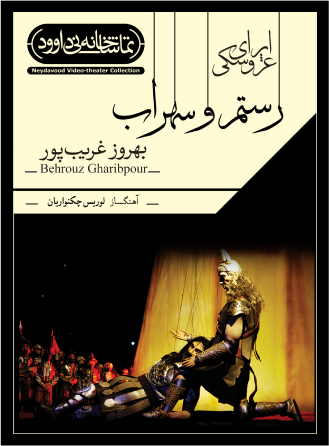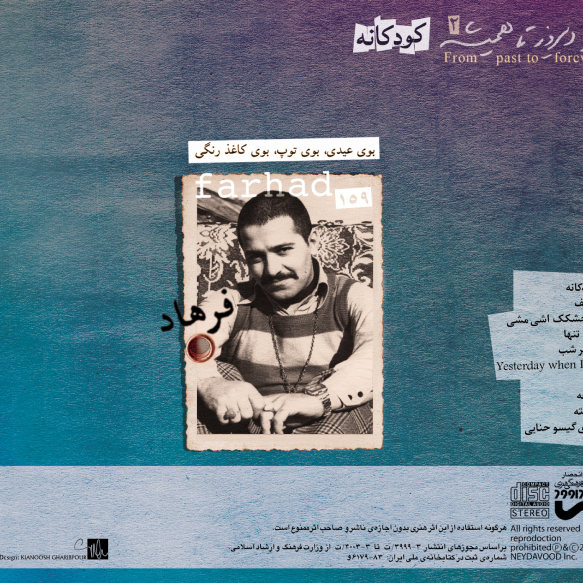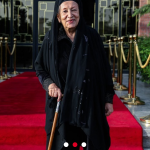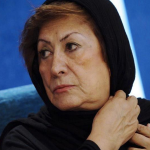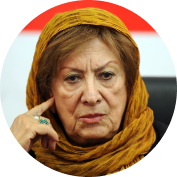
پری صابری
Pari Sabri
پری صابری نویسنده و کارگردان پیشکسوت تئاتر متولد اول فروردین ۱۳۱۱ کرمان است.
این هنرمند پس از پایان تحصیل دوره متوسطه برای ادامه تحصیل به پاریس رفت و پس از بازگشت به وطن گروه تئاتر پازارگاد را ایجاد کرد.
صابری در طی سالهای ۱۳۴۷ تا ۱۳۵۷ به عنوان مدیر فعالیتهای فوق برنامه دانشگاه تهران موفق به تاسیس تالار مولوی شد.
او نشان ابن سینا را از یونسکو و لژیون دونور را از فرانسه در سال ۲۰۰۴ دریافت کرده است.
نمایشهای «من به باغ عرفان»، «هفت شهر عشق»، «بیژن و منیژه»، «لیلی و مجنون»، «هفت خان رستم»، «شمس پرنده» و «باغ دلگشا» از جمله آثاری است که این هنرمند تاکنون روی صحنه برده است.
نمایش «کوروش» به عنوان آخرین فعالیت صابری در سال ۱۳۹۷ به تهیهکنندگی جهانگیر کوثری در تالار وحدت اجرا شد.
پری صابری از معدود کارگردانانی است که آثار هنریاش معرف و نشان شیفتگی او به داستانهای شاهنامه، ادبیات عرفانی و تاریخ ایرانی است.
Pari Saberi is a theater director, playwright and novel writer. He created the Pazargad Theater Group and established the Molavi Hall in Tehran and received the French Legion of Honor in 2004. After finishing high school, Peri Saberi went to Paris to continue his studies in cinema and theater. During his student days, he made a short film about one of Khayyam’s quatrains, which was chosen as the best student film of 1954 in France. After that, in 1955-8, he studied theater at Tanya Balashova School and after some time he went to study in Spain, he returned to Iran in 1324. On his return to Iran, Saberi created the Pazargad Theater Group. Also, in 1347-1957, he was the director of extracurricular activities of Tehran University and established Molavi Hall in Tehran. He translated UNESCO’s Rhinoceros play twice (after Jalal Al-Ahmed’s translation) into Farsi, and Hamid Saarigian staged it at Tehran University in 1350. He went outside Iran after the 1357 revolution. In these years, he wrote the play “Man from where, love from where” about the life of Forough Farrokhzad and performed it in Los Angeles in 1981, which was very successful. Then he performed it in English at the Olympic Games Art Festival, which was also well received. Then he decided to return to Iran. At first, he was not well received in Iran, but he gradually resumed his theater activities and staged the plays “Man Beh Bagh Irfan” about the life of Sohrab Sepehri and “Heft Shahr Eshgh” inspired by Atar Nishabouri. took the stage Following these successes, he wrote and directed other works, which according to him, the show “Flying Sun” about Molavi is one of his best works. “Shams Parande” and “The Myth of Siavash” are two plays that Pari Saberi staged in the UNESCO Hall in Paris. win.
